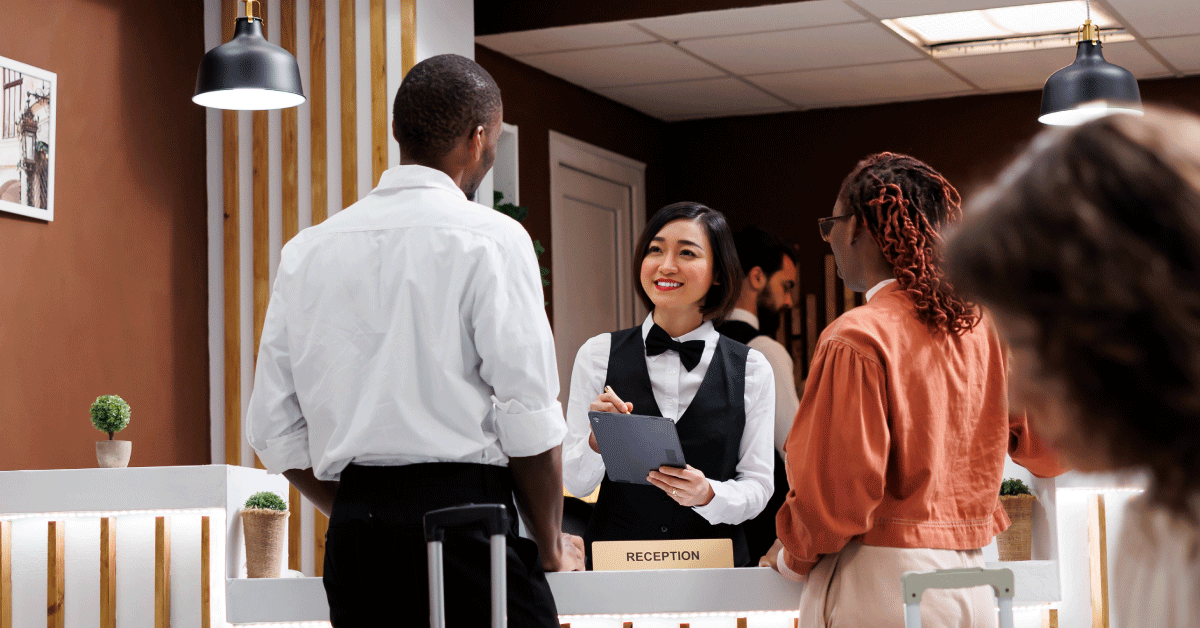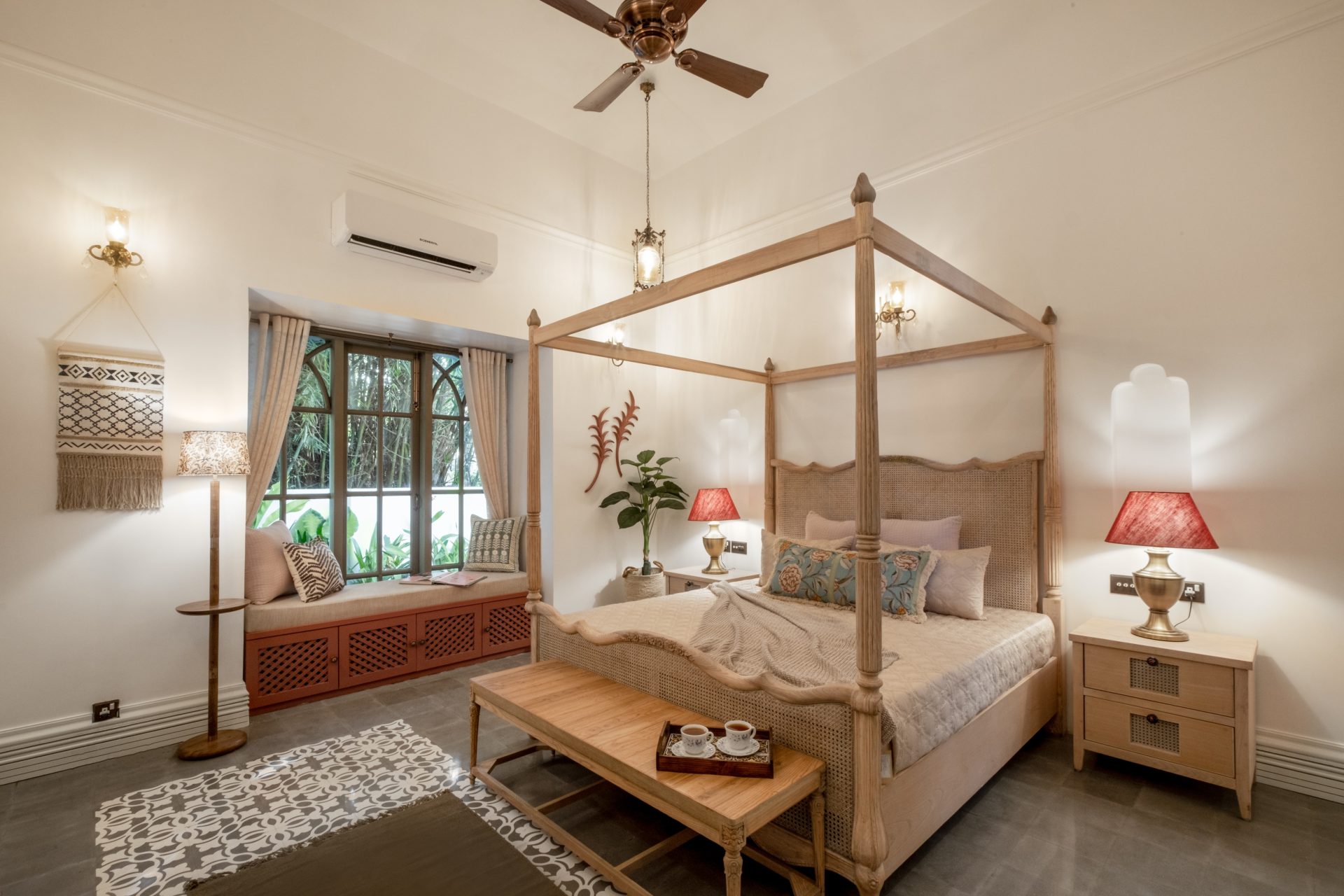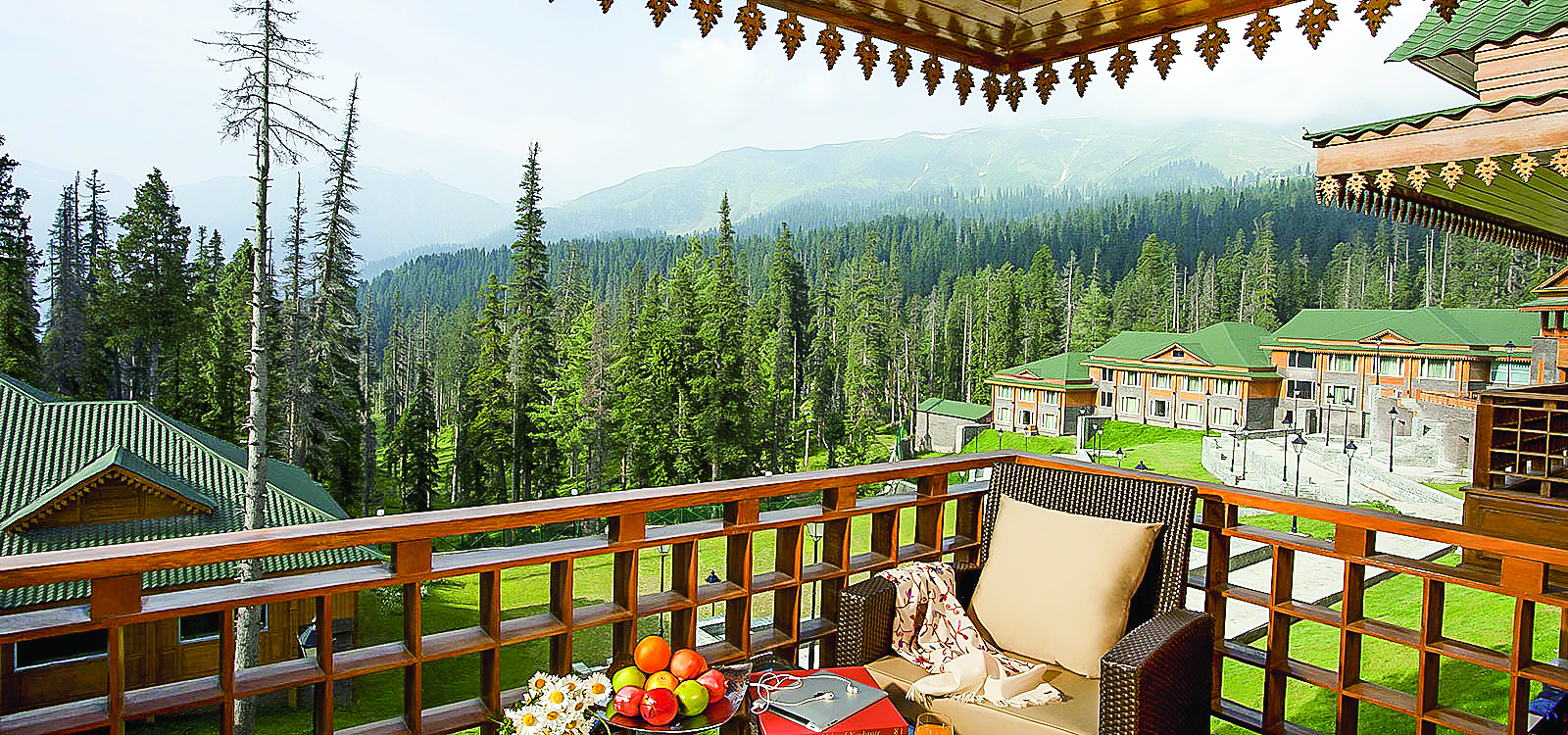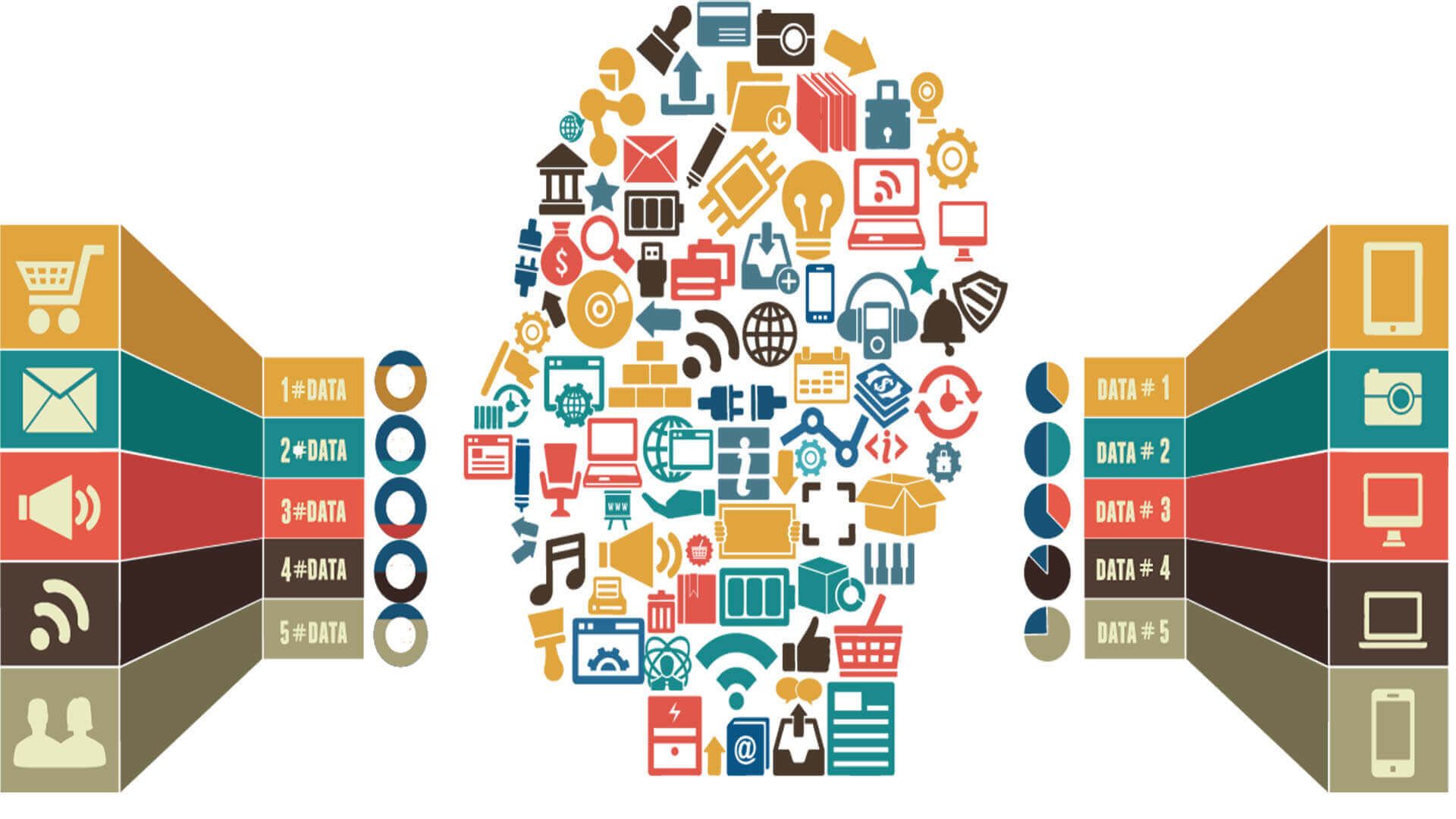The modern traveler is a dynamic individual, with evolving needs and expectations that hotels are striving to meet. Here’s a look at how the hospitality industry is adapting:
Key Trends Shaping Modern Traveler Expectations:
- Technology Integration:
- Modern travelers are tech-savvy and expect seamless digital experiences. This includes:
- Mobile check-in/check-out.
- Keyless entry.
- High-speed, reliable Wi-Fi.
- In-room entertainment streaming.
- AI-powered chatbots for instant assistance.
- Modern travelers are tech-savvy and expect seamless digital experiences. This includes:
- Personalization:
- Generic experiences are no longer sufficient. Travelers seek personalized stays that cater to their individual preferences. Hotels are achieving this through:
- Data-driven insights to tailor amenities and services.
- Personalized recommendations for local attractions and dining.
- Customizable room settings.
- Generic experiences are no longer sufficient. Travelers seek personalized stays that cater to their individual preferences. Hotels are achieving this through:
- Authentic Experiences:
- Travelers want to immerse themselves in the local culture and have authentic experiences. Hotels are responding by:
- Partnering with local businesses to offer unique tours and activities.
- Incorporating local cuisine and design elements into their offerings.
- Providing insider tips and recommendations.
- Travelers want to immerse themselves in the local culture and have authentic experiences. Hotels are responding by:
- Wellness and Sustainability:
- Increasingly, travelers prioritize their well-being and environmental consciousness. Hotels are catering to this by:
- Offering state-of-the-art fitness centers and wellness programs.
- Implementing sustainable practices, such as energy-efficient lighting and waste reduction.
- Providing eco-friendly amenities.
- Increasingly, travelers prioritize their well-being and environmental consciousness. Hotels are catering to this by:
- Flexibility and Connectivity:
- With the rise of remote work, travelers need flexible accommodations and reliable connectivity. Hotels are adapting by:
- Providing co-working spaces and business centers.
- Offering flexible check-in/check-out times.
- Ensuring strong and consistent Wi-Fi throughout the property.
- With the rise of remote work, travelers need flexible accommodations and reliable connectivity. Hotels are adapting by:
How Hotels Are Adapting:
- Embracing Technology:
- Hotels are investing in technology to streamline operations and enhance the guest experience.
- This includes implementing property management systems, mobile apps, and AI-powered solutions.
- Focusing on Guest Experience:
- Hotels are prioritizing guest satisfaction by providing personalized service and creating memorable experiences.
- This involves training staff to be attentive and responsive to guest needs.
- Creating Unique Spaces:
- Hotels are designing spaces that cater to the evolving needs of modern travelers.
- This includes creating flexible workspaces, social areas, and wellness facilities.
- Promoting Sustainability:
- Hotels are implementing sustainable practices to reduce their environmental impact.
- This includes using eco-friendly products, reducing waste, and conserving energy.
- Offering Diverse Amenities:
- Hotels are offering a wider range of amenities to cater to diverse traveler needs. This includes:
- Pet-friendly accommodations.
- Family-friendly facilities.
- Accessible rooms and services.
- Hotels are offering a wider range of amenities to cater to diverse traveler needs. This includes:
In essence, hotels are moving beyond simply providing a place to sleep. They are creating immersive and personalized experiences that cater to the diverse needs of the modern traveler.



